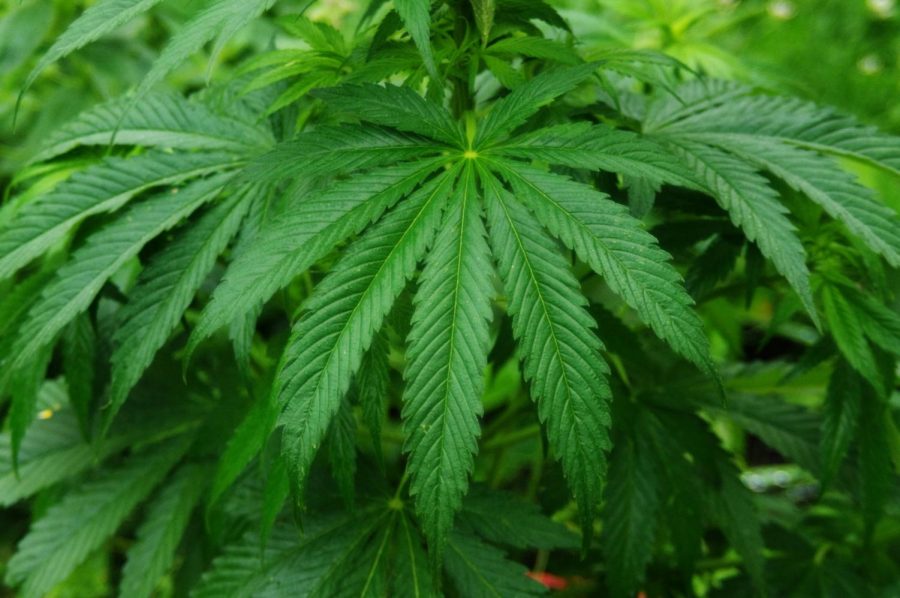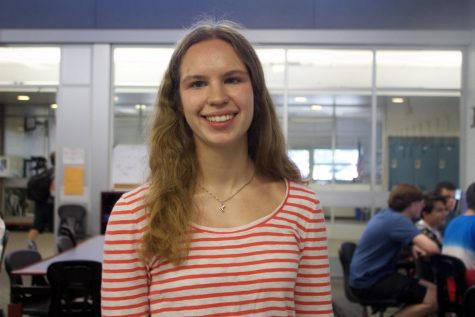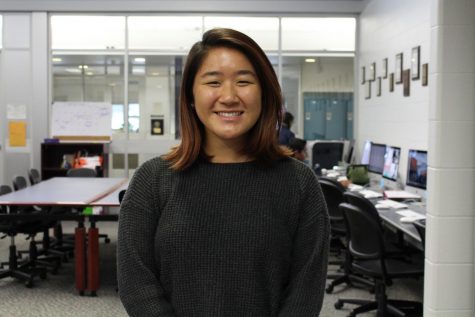Students get blunt with their marijuana experiences
According to a survey of 159 CHS students from Feb. 9, 2018 to Feb. 14, 2018, 84.3 percent have never used marijuana in any form.
March 2, 2018
Whether at a house party or in the backseat of a car, many students at CHS are no strangers to using marijuana, despite issues with its legality.
One student, whose name will be kept anonymous, said they smoke marijuana almost every weekend.
“It’s mostly in social contexts, so when I’m with my friends at a party or I go to a concert with general admission,” they said.
They believe that the drug is very accessible among high schoolers.
“It is so easy to get marijuana everywhere, even if you are underage,” they said. “Especially now with legal states, it’s easy to ship everything. Even if you don’t need it shipped, you can find people.”
Another anonymous student, who occasionally smokes marijuana, disagrees.
“I wouldn’t say it’s very easy to get marijuana, but if you try to get it, you don’t have to break your back to get it,” they said.
Despite its general accessibility, the student believes that not many CHS students use marijuana compared to other high schools in the area.
“For the most part, CHS is pretty ‘weed free’,” the student said.
Meanwhile, other students have never used marijuana and do not plan on doing so. According to a survey of 159 CHS students from Feb. 9, 2018 to Feb. 14, 2018, 84.3 percent have never used marijuana in any form.
One student said they would not try marijuana in casual settings, even if it were legalized.
“I wouldn’t smoke it because I think it’s bad to smoke anything and a documentary I watched said smoking marijuana can contribute to memory loss and Alzheimer’s disease,” they said. “If I developed a medical condition that could be helped with medical marijuana, I would use that in an oil or other kind of form.”
Physics teacher Steve Godkin realizes that the drug is easily accessible for teens, but hopes they will steer away from it.
“I know that my kids are going to try something along the way, whether it’s marijuana or alcohol or something like that. I’m just hoping that after they’ve tried it, they realize that they are losing control a little bit,” Godkin said. “They’re becoming somebody else when they do that and I’m hoping my kids like themselves enough that that’s not something they want to do on a regular basis.”
The answers may not be clear, but marijuana is clearly available to many students.
As an anonymous student said, “we are no better than regular high schoolers” when it comes to the prevalence of the drug.
She, along with another male senior, agrees that marijuana should be legalized in its recreational and medical uses as a new source of tax revenue.
“I think it is part of a problem in our justice system where there are a lot of nonviolent drug offenses related to marijuana and that puts undue stress on taxpayers because we have to support all of these people in prisons,” he said. “Also, these people are having their lives ruined for maybe having a pound of weed and selling it in a nonviolent way.”
She also believes that legalization would lower marijuana usage across the board.
“I love taxes so I think it should be taxed heavily because then less people will smoke it and then we’ll have more money and that’s good,” she said.
One female sophomore doesn’t think marijuana should be legalized for recreational purposes because of the dangers associated with it, but she would consider using it medically if under safe conditions.
“[Medically,] you know it’s going to be used safely. No one is going to try to use too much,” she said.
Physics teacher Steve Godkin isn’t sure if marijuana should be legalized or not. He said he doesn’t “particularly like the idea of doing drugs, but as far as whether that should be legal or illegal, given that it’s got some medicinal properties, I don’t know the answer to tell you the truth.”






